Latest NRAO News
News is managed by NRAO News & Public Information. Questions about News? Have a story to share? Want to interview a scientist or create new media about our telescopes?
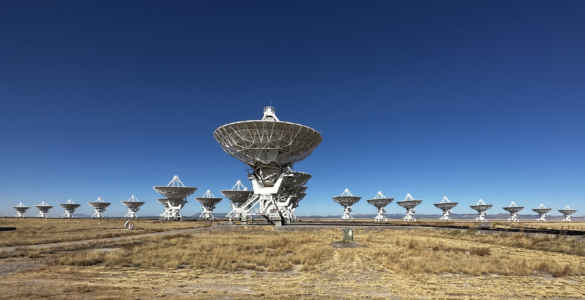
An international team of astronomers has revealed mysterious star formation at the far edge of the galaxy M83. This research was presented today in a press conference at the 243rd meeting of the American Astronomical Society (AAS) in New Orleans, Louisiana. The research used several instruments operated by the National Science Foundation’s National Radio Astronomy Observatory (NRAO), including the Atacama Large Millimeter/submillimeter Array (ALMA), the Karl G. Jansky Very Large Array (VLA), and the Green Bank Telescope (GBT), along with the National Astronomical Observatory of Japan’s (NAOJ) Subaru Telescope and the NASA Galaxy Evolution Explorer (GALEX).
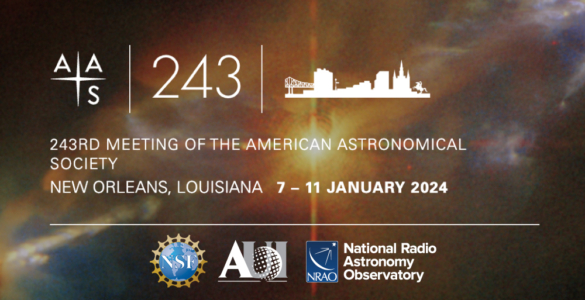
New scientific results from the Atacama Large Millimeter/submillimeter Array (ALMA), the Very Large Array (VLA), and Green Bank Observatory…
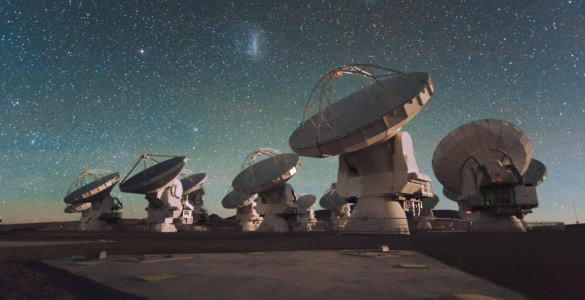
Within the framework of the scientific conference “ALMA 10 years: Past, Present, Future,” which is bringing together 180 astronomers…

Zach Gallegos is a shining example of dedication and hard work. His journey from a security guard to the HVAC and Plumbing lead at the VLA is inspiring. Despite the challenges, he continues to serve with grit and determination, ensuring the smooth operation of the VLA. His story serves as a reminder that with passion and dedication, one can achieve great heights in any field.
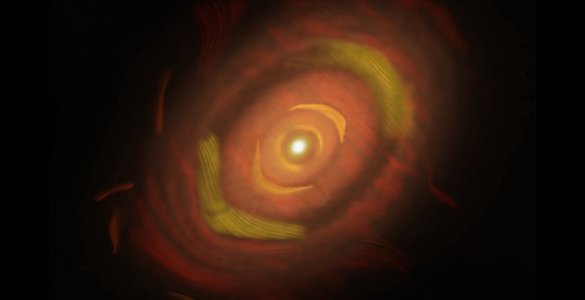
ALMA observes highest resolution dust polarization image ever taken of HL Tauri’s protoplanetary disk, the deepest polarization image of any disk captured thus far.
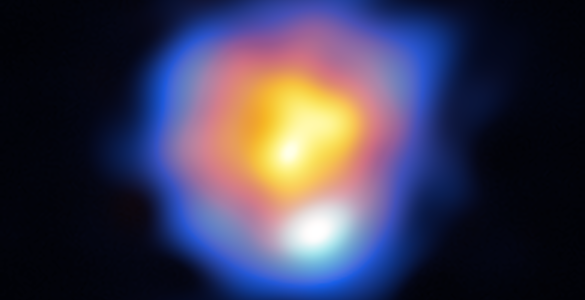
An international team of astronomers has collaborated to improve the capabilities of the Atacama Large Millimeter/submillimeter Array (ALMA), one of the world’s most powerful telescopes. Scientists from the National Science Foundation’s National Radio Astronomy Observatory (NRAO), the Joint ALMA Observatory, the National Astronomical Observatory of Japan (NAOJ), and European Southern Observatory have achieved the highest resolution observation since ALMA began operations, in one of the most challenging array configurations. The results are published today in the Astrophysical Journal.





